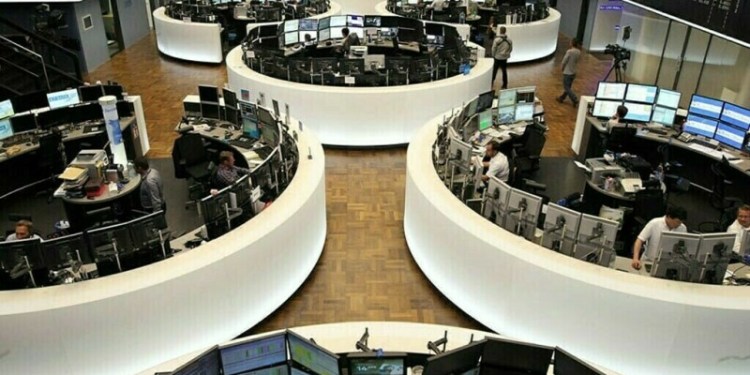 © Reuters. The financial district can be seen as a person runs in the sunshine on London’s south bank
© Reuters. The financial district can be seen as a person runs in the sunshine on London’s south bankBERLIN (Reuters) – Chinese foreign direct investment (FDI) in Europe fell 40 percent in 2018, hitting its lowest level in four years, and stricter European Union rules are likely to curb Chinese M&A activity even further, a survey showed on Wednesday.
China has introduced capital controls and tightened investment rules for state firms in an effort to stop money moving out of the country and to stabilize its currency.
At the same time, policymakers in Europe have become increasingly concerned that state-backed companies in China are gaining too much access to key technologies and sensitive infrastructure while Beijing still shields its own economy.
A survey by Germany’s Mercator Institute for China Studies (MERICS) and the New York research firm Rhodium Group (RHG) showed that Chinese firms completed FDI transactions worth 17.3 billion euros in 2018. This marked a drop of more than 50 percent from the peak of 37 billion euros in 2016, researchers said.
“This decline is very much in line with a further drop in China’s global outbound FDI, a trend that can be attributed to continued capital controls and tightening of liquidity in China as well as growing regulatory scrutiny in host economies,” the researchers said in their study.
Europe’s three biggest economies received the lion’s share of Chinese FDI in 2018, with Britain coming first (4.2 billion euros) followed by Germany (2.1 billion euros) and France (1.6 billion euros), the survey showed.
However, their share in total Chinese FDI slumped to 45 percent in 2018 from 71 percent in the previous year as smaller countries such as Sweden and Luxembourg received more money.
Chinese FDI declined in transport, utilities and infrastructure. The biggest increases were recorded in financial services, health and biotech, consumer products and services, and the automotive sector, it added.
Survey: https://www.merics.org/en/papers-on-china/chinese-fdi-in-europe-2018
UNWANTED
Germany last year lowered the threshold for screening and even blocking purchases of stakes in German firms by non-Europeans, in a move to fend off unwanted Chinese investments in sensitive technologies and critical infrastructure.
Berlin is also mulling the creation of a state investment fund that could take stakes in key domestic companies to prevent foreign takeovers.
The European Union will start screening foreign direct investment into the 28-nation bloc from April to safeguard Europe’s security, public order and strategic interests.
The screening aims to give EU countries a tool to intervene in cases of foreign direct investment in strategic assets, in particular if carried out by state-controlled or state-financed enterprises.
“The new EU investment screening framework could particularly impact Chinese investors,” the researchers from MERICS and RHG said.
They estimated that 82 percent of Chinese M&A transactions in Europe in 2018 would fall under at least one of the new criteria of the EU’s new screening framework.
Fusion Media or anyone involved with Fusion Media will not accept any liability for loss or damage as a result of reliance on the information including data, quotes, charts and buy/sell signals contained within this website. Please be fully informed regarding the risks and costs associated with trading the financial markets, it is one of the riskiest investment forms possible.
Source: Investing.com


























